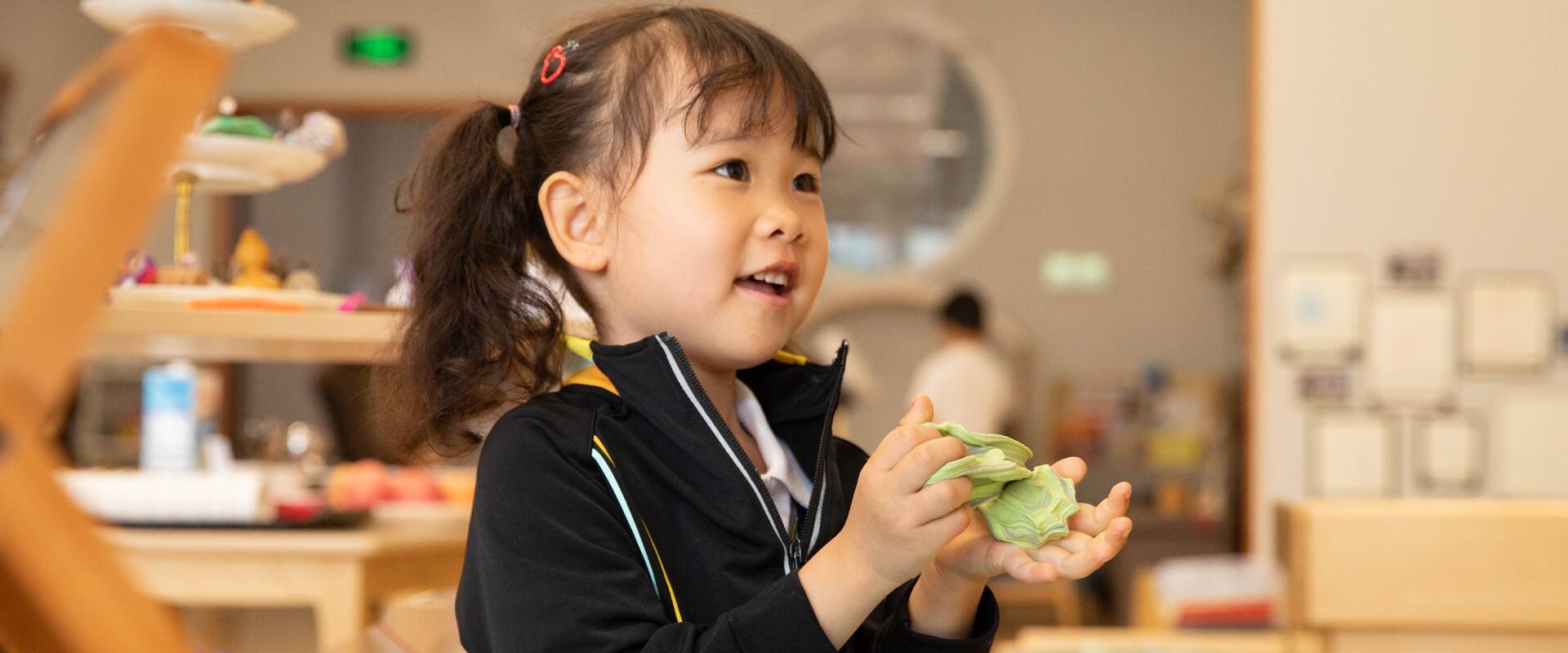
In a growth mindset, people believe that their most basic abilities can be developed through hard work—brains and talent are just the starting point. This view creates a love of learning and resilience that is essential for great accomplishment.
- Carol Dweck
Mindset is a kind of belief. Different mindsets are entering other worlds. A fixed mindset means that you believe that your intelligence is fixed and your ability is immutable. For example, if you cannot do something, you may feel that you will never learn to do it. On the other hand, people with a growth mindset believe that intelligence and talents can be developed.

Think that intelligence and talent are static
Think that the effort is worthless
Deny everything because of one failure
Avoid challenges to avoid failure
Treat feedback as personal criticism
Give up
Believe that intelligence and talent can be developed
Make more effort to learn
Believe that failure is only a temporary setback
Are willing to accept challenges
Treat feedback as an opportunity to learn
Believe in lifelong learning
Suggestions for cultivating and maintaining a growth mindset:
If a fixed mindset dominates you, then:
1. Accept your mindset. Remind yourself that now is an excellent opportunity for growth, rather than deny yourself totally and think you are a failure.
2. Always believe that it is possible to change our mindset. According to neuroscience research, nerves are malleable. The brain can be reshaped according to the passage of time, forming new neural pathways. Therefore, our mindset can also be changed.



If you want to cultivate your child’s growth mindset, then:
1. Accept their current mindset. Observe it, a guide based on observation or maintain the current growth mindset.
2. Create a growth mindset environment for children.
In daily conversations, you can ask your child, “What have you learnt today?” “Have you worked hard today?” “What did you learn from your mistakes or failures today?” When the child says, “I can’t make it,” you can guide him, “If I keep practising, I can do it.”
When your child has already made some achievements, you should praise their efforts, the methods he uses, his concentration, persistence and progress instead of praising his intelligence and talent. Scientific praise can enhance children’s inner motivation and resilience.
When your child fails, as a parent, please don’t feel anxious. Please help children realise that they are only a temporary failure in a particular area, not a permanent failure in all areas. Help children distinguish between temporary and permanent, partial and complete, to form a valid cognition. Help children to accept failure and consider it as a learning opportunity.
